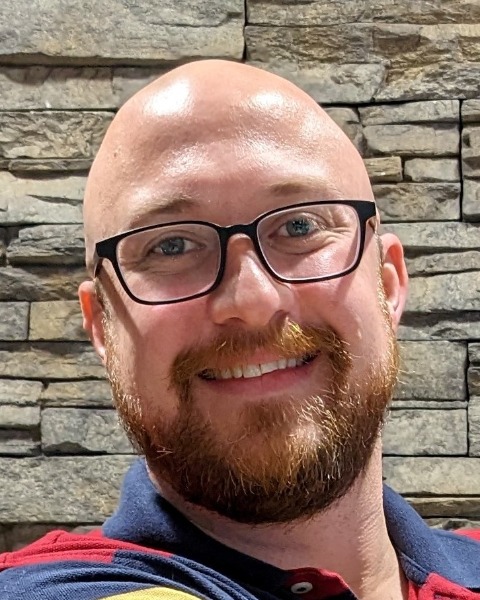Biotechnology
Processing
Session:: Fermentation
Technoeconomic assessments for risk identification and scale up of microbial lipid fermentation and recovery process
Wednesday, May 3, 2023
10:10 AM - 10:30 AM MDT
Room: 402

Michael B. Johnson, MS (he/him/his)
Senior Manager - Downstream Processing, Advanced Analytics & Modeling
DSM
Columbia, MD, United States
Presenting Author(s)
Abstract: This presentation covers the design and construction of an early phase techno economic assessment for microbial lipid production via fermentation. Using a first principles approach, a flow-sheeting and mass balance design to produce and recover lipids is created and deployed to guide unit operation selection and experimental testing. Yield and oil quality data from lab-scale experiments are incorporated into the model and a Monte Carlo approach is used to identify scale up risks and opportunities to further de-risk the process. The application of Monte Carlo analysis for economic assessments is also presented.
Moving to lipid recovery, one identified risk involved fermentation performance variability. A process was designed to accommodate this within the initial DSP and a patent has been filed (US20200231898A1). Specific experimental examples showing the concentration of oil and biomass suspension to a target total dry matter (TDM) of 35 – 50wt% is presented and the impact on recovery yield and oil quality is discussed. Challenges with maintaining a low viscosity are overcome through experiments highlighting the importance of unit operation order and designed at production scale.
From this analysis, an early phase cost estimation is performed. Moving from there to an Engineering, Procurement, and Construction (EPC) contractor to design the plant along with a Large Capital Projects (LCP) team, the Basis of Design is made. From there, a brief overview of the DSM-Evonik join venture, Veramaris, is given as an example output of what can be achieved with proper scale up – and scale down – models and the actions resulting therefrom.
Moving to lipid recovery, one identified risk involved fermentation performance variability. A process was designed to accommodate this within the initial DSP and a patent has been filed (US20200231898A1). Specific experimental examples showing the concentration of oil and biomass suspension to a target total dry matter (TDM) of 35 – 50wt% is presented and the impact on recovery yield and oil quality is discussed. Challenges with maintaining a low viscosity are overcome through experiments highlighting the importance of unit operation order and designed at production scale.
From this analysis, an early phase cost estimation is performed. Moving from there to an Engineering, Procurement, and Construction (EPC) contractor to design the plant along with a Large Capital Projects (LCP) team, the Basis of Design is made. From there, a brief overview of the DSM-Evonik join venture, Veramaris, is given as an example output of what can be achieved with proper scale up – and scale down – models and the actions resulting therefrom.
